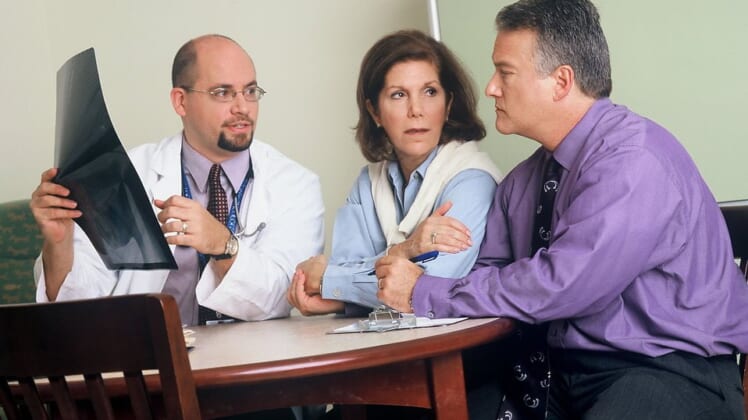
According to the American Liver Foundation, at least one in ten Americans have some form of liver disease, and many of those living with liver damage remain unaware of the risks to their health until damage reaches a critical point. For example, it’s estimated that 75% of people infected with Hepatitis C, one of the most common forms of liver disease, are unaware that they’re infected. Hepatitis C causes chronic infection in most people who contract it and is ten times more infectious than HIV, but many people don’t get tested because they don’t realize they’re at risk.
Other common causes of liver damage include Hepatitis B and non-alcoholic fatty liver disease (NAFLD). While older Americans are most at risk for NAFLD, there are also over 6 million children in the US suffering from NAFLD. Although obesity and type II diabetes are risk factors, NAFLD can impact anyone at any time of life, and some people who develop the disease don’t have any risk factors.
So how do you know if you should be screened for liver disease? Early signs of liver damage can be subtle, but if you experience any of the seven signs below, you should bring them up with your doctor. They could be signs that your liver function is compromised or indicators of other health concerns.
- Pale Stool – Any time your stool changes dramatically, you should mention the changes to your doctor. Patients are sometimes embarrassed to talk about stool, but physicians understand the importance of stool changes – what comes out of us tells us a lot about what’s going on inside of us. Pale stool can indicate blocked bile ducts, which often point to underlying liver disease.
- Jaundice – If you notice that your skin or the whites of your eyes are more yellow than normal, call your doctor right away. While jaundice is common and often mild in infants, it’s rare and almost always requires treatment in adults. The yellow discoloration is caused by the build-up of bilirubin in your bloodstream, a product of the breakdown of red blood cells. When your liver isn’t able to clear bilirubin from your system, it accumulates and causes yellow skin.
- Loss of Appetite and Nausea – These may be accompanied by weight loss and could be signs of a wide variety of health problems, some serious and others easily treatable. Changes in appetite, sudden unexplained weight loss, and persistent nausea should always be evaluated by a doctor to rule out liver disease and other causes.
- Fatigue and/or Weakness– Feeling inexplicably run-down despite good quality sleep every night is another vague symptom that can point to many possible health issues, and liver disease is one of many options that should be considered by your doctor when you’re suffering from unexplained fatigue.
- Itchy Skin – No one knows for sure why liver disease can cause itchiness, but since it often accompanies bile obstruction, it may be due to a chemical in bile that’s allowed to build up in the blood stream when liver function is impaired.
- Abdominal Pain – Your liver is located in your upper right abdomen. Usually that’s where people with liver disease notice pain, but sometimes pain is referred, presenting as back pain or even right shoulder pain.
- Swelling/Fluid Retention – There are many reasons for fluid retention (edema), and liver disease is one of many diagnoses that should be considered if you experience sudden swelling in your lower extremities or abdomen.
Supplements to Help Weight Loss
Liver disease is often treatable, and an early diagnosis can help minimize long-term liver damage. When liver damage is mild, the body can even replace damaged liver cells with new cells, repairing the damage over time. However, if damage is severe and/or consistent, cirrhosis can occur, a very serious condition in which too many healthy liver cells are replaced by scar tissue and liver function is significantly compromised.
If you have liver disease, you can achieve your best outcome with an early diagnosis, so ask your physician about any of the symptoms above and ask for their help evaluating and minimizing your risk of liver disease. While there’s no vaccine for Hepatitis C, Hepatitis A and B can both be prevented by keeping up to date with vaccinations. And if you’re already living with or recovering from liver disease, it’s possible that abstaining from alcohol, eating a healthy diet, keeping medications and supplements to a minimum, and exercising regularly may help your liver recover.
